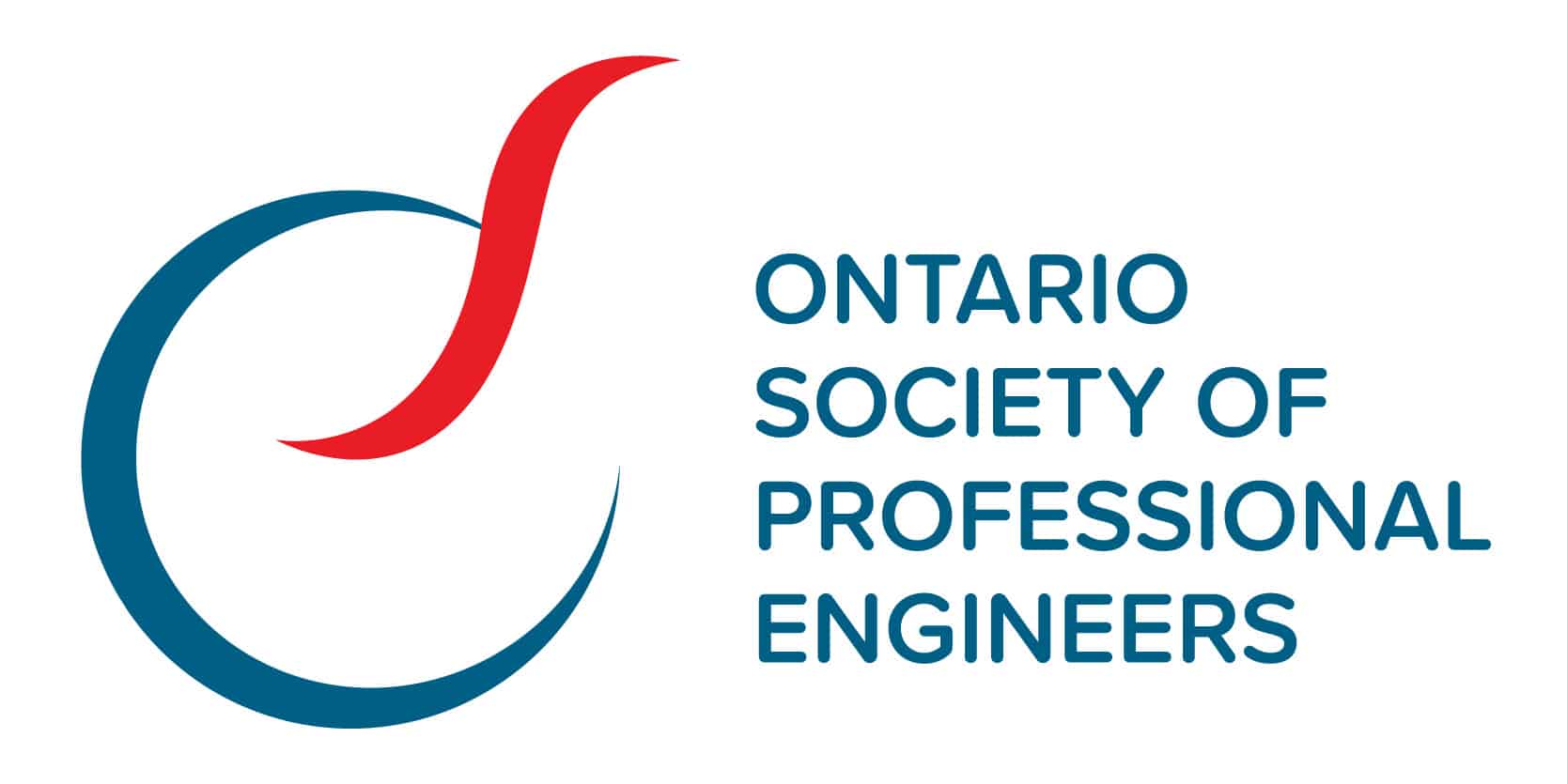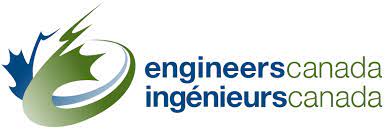
Unveiling the Role of Consulting Engineers: An Insightful Interview with ACEC-Ontario
Amid the ongoing festivities of National Engineering Month, we’re spotlighting influential leaders within Ontario’s engineering sectors to gain deeper insights into the industry’s evolution.
Recently we met with Don Holland, ACEC-Ontario’s 2024 Chair and GHD Consulting Ltd., National Market Leader, Water, to get his thoughts on why consulting engineering is an impactful career choice.
Would you share a brief overview of your background?
I graduated in1995 from the University of Guelph, majoring in environmental engineering. When I graduated in the mid-’90s, it was quite challenging to find employment. Consequently, I ended up working abroad for three years in Hong Kong and was primarily engaged in turnkey engineering wastewater projects for the Food and Beverage Industry. I was employed by an engineering firm responsible for both design and construction. Upon returning I secured a position at in Ontario as a project engineer. Since then, I have primarily worked in the Ontario market, specializing in municipal water and wastewater projects. Although my background is in engineering, I have since expanded my role. Currently, I serve as a market leader for GHD, overseeing the water market across Canada and the Americas. I collaborate closely with teams to secure and deliver projects for clients. I also volunteer my time with organizations such as Association of Consulting Engineering Companies – Ontario.

During your journey to becoming an engineer, did you have a key defining moment that led you to become a consulting engineer?
I pursued engineering because my high school guidance counsellor suggested it based on my aptitude for math and science. When I graduated from university I accepted a job in consulting engineering. We didn’t receive much exposure to this field in school like we do now, the options were limited back then. Wastewater eventually became my focus, although originally, I aimed for air pollution monitoring and control. I guess you could say I stumbled into consulting engineering but working in the water sector and consulting engineering industry has been incredibly rewarding. You don’t hear very much about consulting engineering in school career discussions and there is a lack of awareness and emphasis on it as a potential career choice. That’s why initiatives like National Engineering Month and this type of conversations are crucial. Fortunately, we’re starting to see more awareness in the industry and among students. In fact, in a couple of weeks, I’ll be delivering a guest lecture alongside Andrew Farr, Halton Region Commissioner of Public Works, to discuss this very topic and our goal is to promote consulting engineering and engineering as a viable career option.
Can you describe how consulting engineers contribute to our communities?
We need more engineers. We need more people pursuing engineering. At the end of the day, many people fail to realize – I didn’t know this either – that engineers build the backbone of our communities. Without solid engineering, we lack robust infrastructure. Travelling to other parts of the world, it becomes evident immediately, not all countries have quality civic infrastructure that we do in Canada.
Another fascinating aspect is that, depending on your age, decisions made by our grandparent/great grandparents still impact us today. When you flip a light switch, it’s because someone decided to construct a hydro plant in Niagara Falls or built a nuclear facility. Even the roads we travel on are shaped by decisions made generations ago. This highlights the profound impact consulting engineers have on our communities.
We must keep focused on what’s best for the client and ultimately, the community. At the end of the day, we don’t construct infrastructure just for the sake of it; we build it for communities. The greatest challenge we face is ensuring that infrastructure decisions are made with community interests in mind. Politicians and decision-makers need to be infrastructure-savvy and understand the impact of their decisions on communities. We, as engineers, need to serve as the voice of our communities, advocating on their behalf.
Could you highlight a project or initiative that is particularly interesting or impactful in your career? What made it memorable, and what did you learn from that experience?
It’s very personal. I was driving along with my wife, and as we passed by a wastewater treatment plant, I pointed at the building and said, “You see that building there? That’s what I do.” She asked, “What do you mean?” The thing is, no one in my family knows what I do. They understand that my job is important and that I do good things, but they don’t know what I do. It’s a challenge. When you turn on your tap, I’m not the one who installs the plumbing in your house. I’m the one who ensures that when you turn on your tap, you can drink the water safely. Since I work on the other end ot the pipe. after you use water in your house, I’m the one ensuring that we maintain a clean environment for safe communities.
As engineers what we do impacts communities. If we get something wrong, we can impact the entire community. If something goes wrong, it’s often not an easy fix. We make very concrete decisions on very incomplete information. It’s about managing risk and doing what’s best based on the information we have at the time. We make these decisions because we’re never going to get get all the information, so it’s a lot of judgement. That’s the art of engineering balancing the risks of our work. That’s what I love about Canadian engineers. We have this iron ring that we all wear to remind us of the impacts we can have on the community.
Reflecting on your career, what specific challenges did you encounter, and how did you overcome them to reach your current position as a consulting engineer?
I think the biggest challenge that we have is advocating for the unpopular point of view because it’s the right thing to do for the community or the project. Yes, we have budget constraints, and yes, there can be questioning around the reasoning of solutions. You have to put aside personal preferences and focus on advocating for what’s best, focusing on what is right versus who is right. The problem lies in our current environment, seen in politics and elsewhere, where everyone seems focused on who is right versus what is right for the community. This lack of civility inhibits open and honest discussions on what needs to happen. So, as a challenge, it’s about putting personal agendas aside and focusing on what’s best for all of us, speaking collectively, not just as consulting engineers, owners, or contractors, but as partners who all share this space and responsibility.
Ultimately, we all have to live with the decisions made, and they will impact generations to come. Sometimes, unpopular decisions must be made because, honestly, they might be painful for a while, but they’re necessary for the future. There’s an indigenous philosophy that suggests when you do something, you must also fix what was done by the seven previous generations and ensure that what you do is beneficial for the seven generations to come. It will be challenging for the generation that must make that decision. It may not be the easiest choice, but it’s the best choice for the future.
What role has mentorship played in your career, and how have mentors or role models influenced your approach to consulting engineering? How do you see mentorship changing in the CE industry?
First, mentorship is fundamental. And second, I’ve benefited from some phenomenal mentors. My first mentor told me, “I want you to be successful and do the right thing, and all I want you to do in return is do it for someone else.” I think that’s why we have to work for four years before we become an engineer. It’s because we have to learn what engineering is. You don’t learn it in school; you learn it by doing it and you learn from others. You can either learn from others’ mistakes or you can learn the hard way by making the mistakes yourself. In our job, when we make mistakes, they’re long-lasting and impactful, so we must learn from others because the implications of not getting it right are huge.
Why would you recommend taking the path of joining a consulting engineering firm in Canada?
We have a phenomenal engineering history as a country, back to the beginning of the iron ring tradition. We’re the only country in the world that has the iron ring, and we’ve been asked by numerous other associations globally, “Can we have it? Can we do it ourselves?” We say, “No, it’s a Canadian tradition.” And it’s fundamental to our engineers; we are very good at what we do. We don’t graduate enough engineers, but we’ve got a great reputation for being good, solid technical engineers, and also understanding the implications of our work. The other great thing is that we’re recognized globally as being good, sound fundamental engineers, so our engineers can work here or overseas.
I think engineers, whether it’s consulting engineers or just engineers in general need to change the narrative around engineering to become known as trusted advisors because fundamentally, engineers have a big part to play and right now we’re an unseen profession. For example, you see TV shows about doctors, advertisers, lawyers, and that sort of thing, but there is very little that’s communicated about the role that engineers have in shaping our society.
I think that’s why ACEC-Ontario is focusing on the community because we’re here for the communities; we’re part of the community. I think we need to be thumping our chests a little bit more. Engineers don’t talk about ourselves enough and we need to do more to raise awareness for the amazing work that we do. That’s why industry groups like ACEC-Ontario, and specifically their Ontario Engineering Project Awards, and things like National Engineering Month are so hugely important to our communities and to our profession. It’s not one voice; it’s numerous voices that are telling our stories, communicating them, and celebrating our contributions. Not only does it inspire people, but it celebrates all the hard work and everything that went into these huge, massive projects.
Learn. Grow. Thrive. Together.
National Engineering Month is Ontario’s platform for celebrating the remarkable world of engineering. With a dynamic mix of insightful discussions, industry expertise, and diverse viewpoints, we’re showcasing the best of the profession. Join us in advancing engineering excellence, igniting interest in future professionals, and recognizing the vital role engineers play in society. Be a part of the #NEM2024 experience by attending an event. Explore all the exciting details at nemontario.ca.


